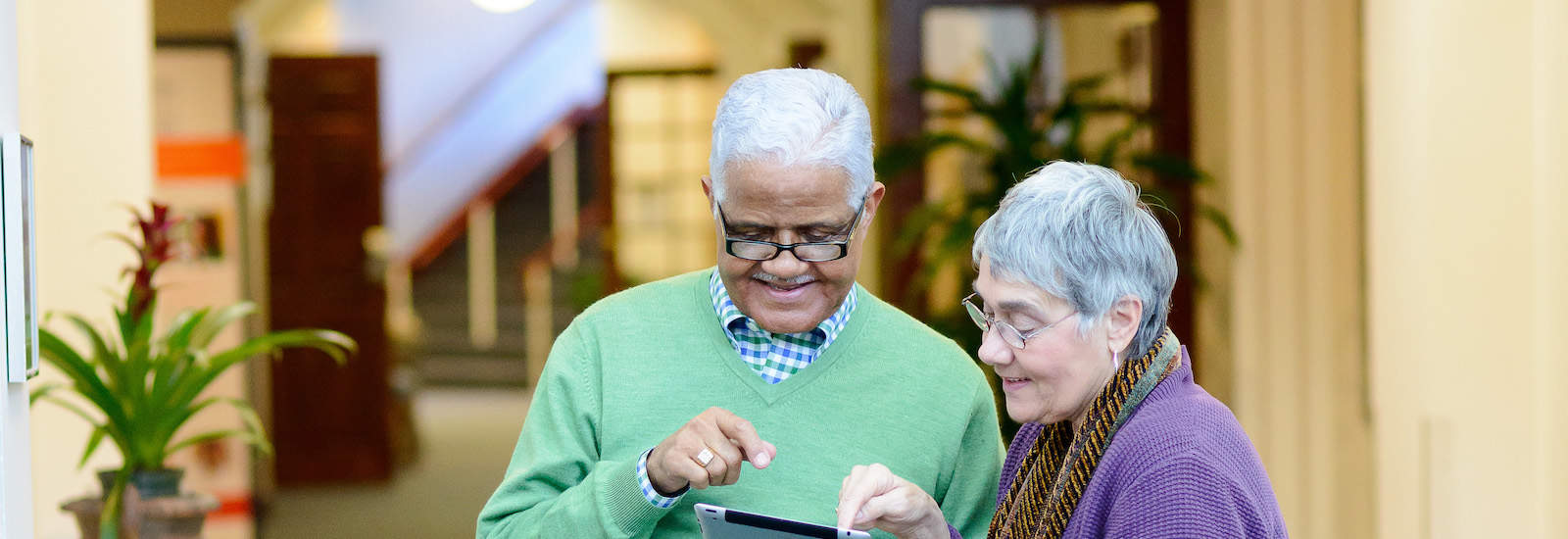Impact of Social Isolation and Loneliness on Your Health
More than 7 billion people live on our planet today, and yet a global loneliness epidemic may be upon us.
What’s so bad about loneliness, you say? Quite a lot, research shows.
Chronic loneliness contributes to: high blood pressure, undesirable lipid profiles, weakened immune systems, lack of sleep, physical inactivity, and declining cognitive function, according to more than 70 research studies published over the last decade. Lonely individuals are more than twice as likely to develop Alzheimer’s disease, according to Dr. Robert Wilson of Rush University Medical Center. Researchers are likening this emerging reality to the obesity epidemic of 30 years ago.
Not convinced? A meta-analysis conducted by Brigham Young University revealed that loneliness resulted in a 26% increase in mortality, with social isolation and living alone rating even higher. The conclusion of their research was to recommend social isolation and loneliness be added to the list of public health concerns.
Social benefits of retirement communities
Given this, it’s not surprising that older adults living in retirement communities show greater longevity and overall better health. While it’s true that one can be lonely in a crowd, it is much harder to go unnoticed within a tight-knit community. Resources in the form of expert help and easy access to friends make reaching out easier.
But it’s not just older adults who face loneliness. More than 40 percent of U.S. adults say they are affected by loneliness. Young people report feeling lonely at even higher rates, despite a multitude of cyber friends.
Steps for combatting loneliness
Creating a life of close-knit friends, of giving and receiving support, has to be cultivated and pursued. Increasing one’s social network takes time, effort, and confidence in your social skills. Need help? Here are several tips for combatting loneliness from the experts:
- Start small and easy by introducing different activities into your life gently. Get out and about by doing a little exercise or meeting up with one or two friends.
- Create a sense of community by doing simple things such as smiling at those you pass by and offering a friendly “hello.”
- Pursue interests over people by finding groups with people who share your interests. Ask yourself what you value and what matters most to you. Perhaps there is a latent interest you now have time to pursue. Having a sense of purpose is critical to a sense of well-being.
- Tap into hidden resources including relationships you may have allowed to slip or ask a more outgoing friend for help. Multigenerational relationships are being advocated as a mutually beneficial solution.




